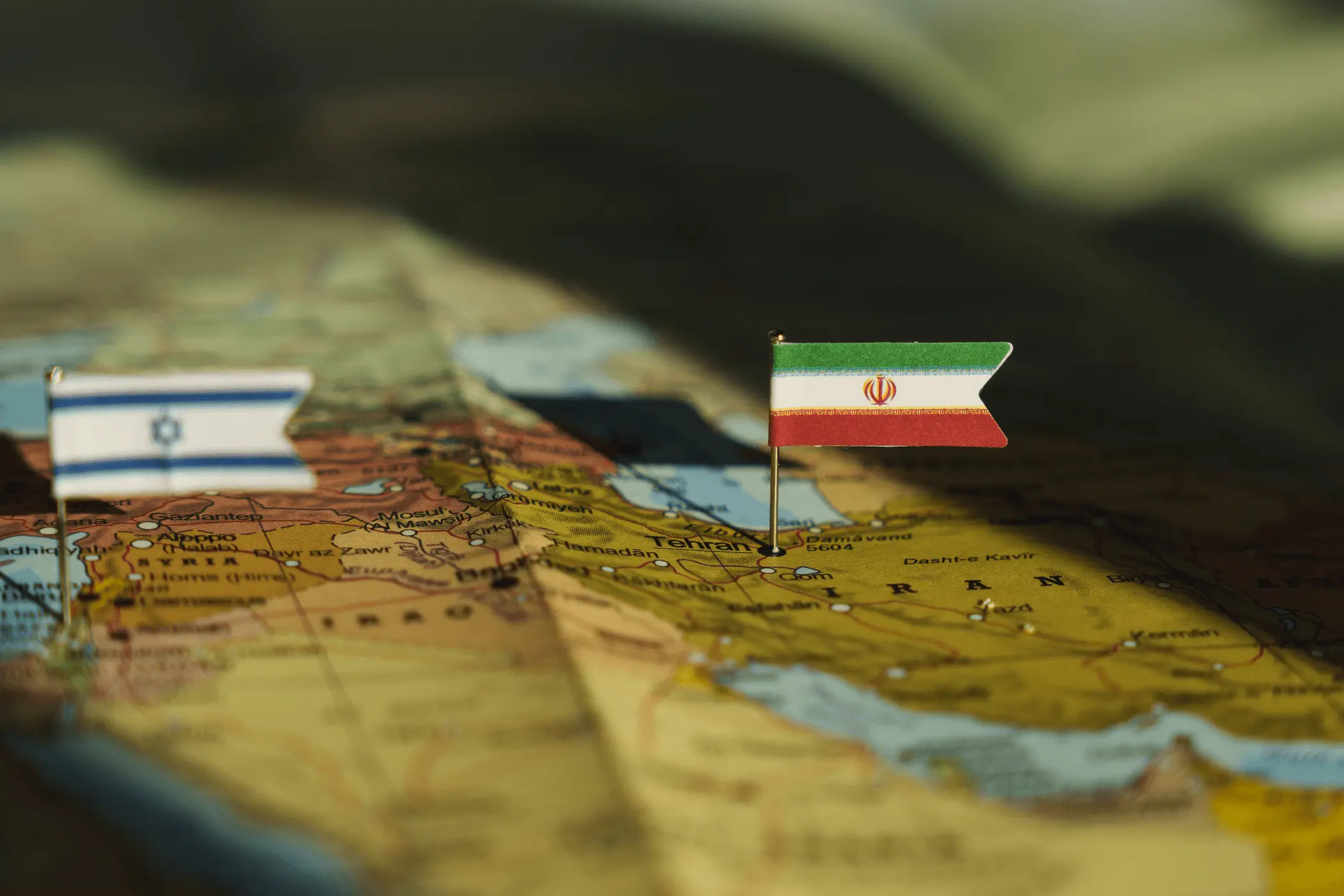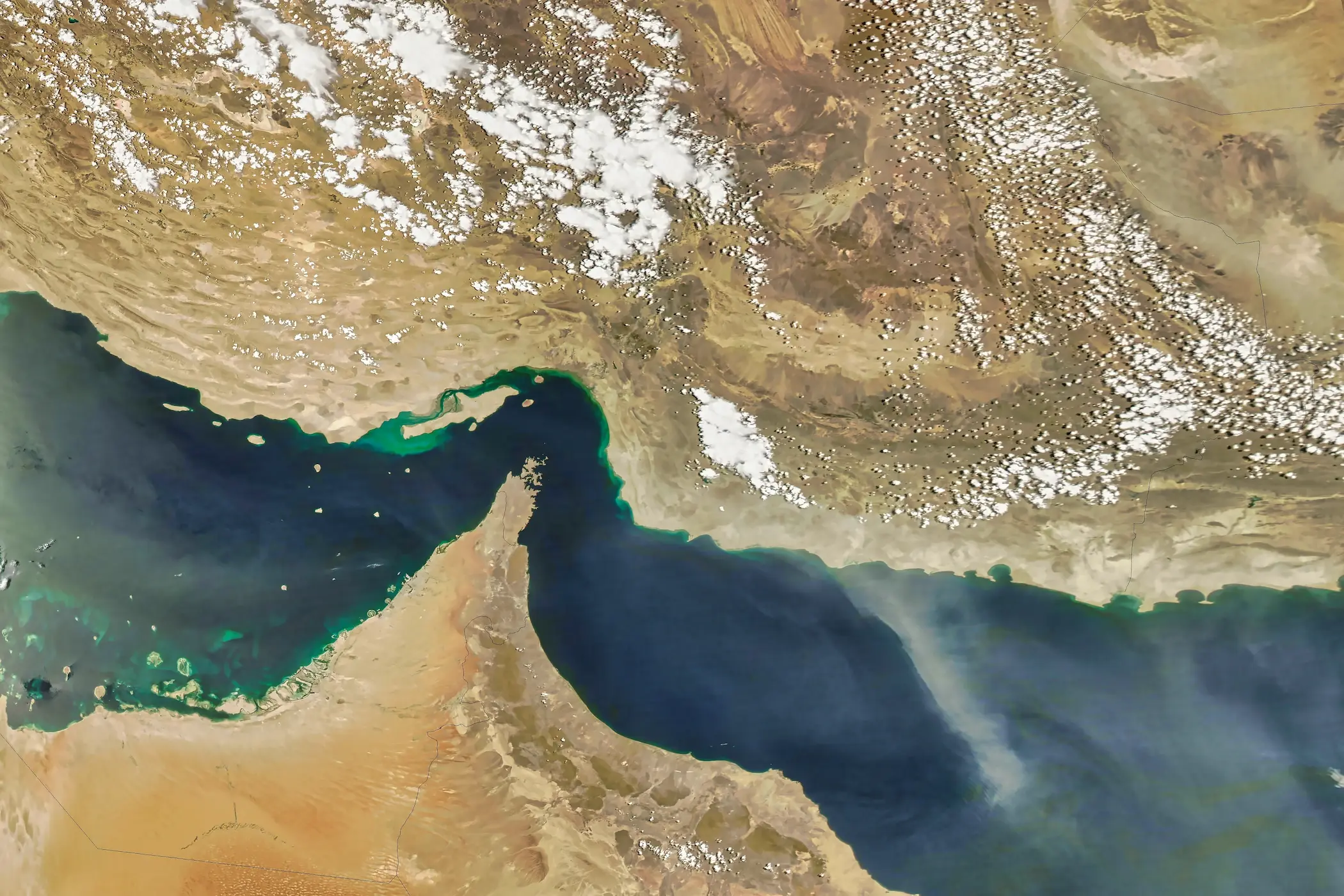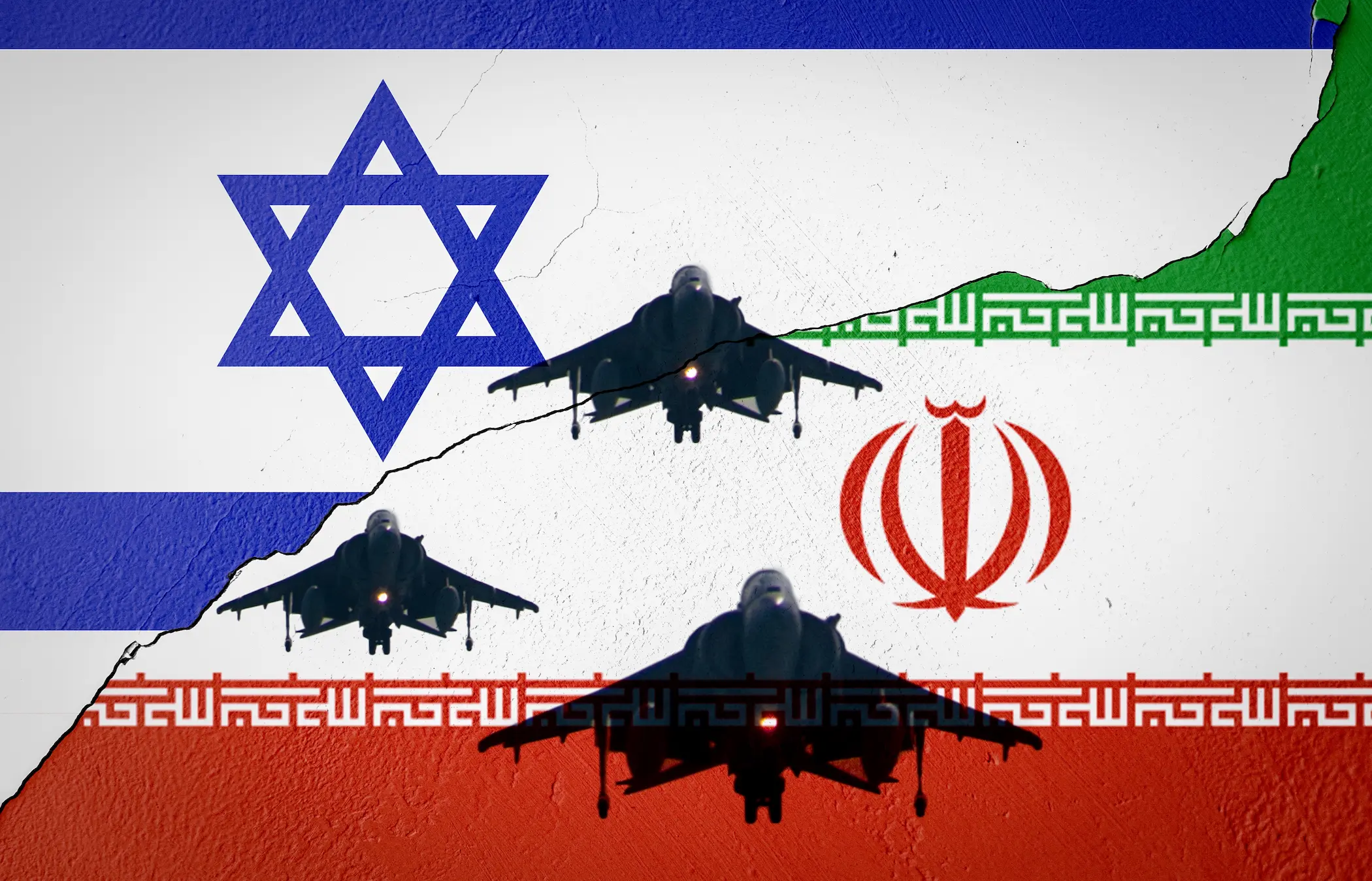The emergency government of Israel has taken decisive steps, announcing its intent to declare war and initiate comprehensive ground invasion preparations in response to the recent incursion by Palestinian factions on October 7, 2023. This incursion targeted over 20 locations surrounding the Gaza envelope. It resulted in the capture of numerous Israeli soldiers and officers stationed along the front lines in the Gaza Strip's secure zones. The present prisoner crisis is one of the most severe episodes in the long history of confrontations between Israel and Palestinian factions.
The spokesperson for the Al-Qassam Brigades, the military arm of Hamas, confirmed that Israeli airstrikes on the Gaza Strip killed thirteen Israeli prisoners. Furthermore, he threatened to execute the remaining Israeli prisoners should the occupation continue to target civilians in Gaza. This dire situation has prompted the revival of the Hannibal Protocol within the Israeli military as a potential solution to the prisoner crisis.
Concurrently, voices from various quarters, including media personalities, politicians, prisoner families, and retired military officials, call upon the Netanyahu government to prioritise resolving the prisoner issue through negotiations with the Palestinian resistance rather than launching an extensive ground offensive.
This mounting pressure on Israeli Prime Minister Benjamin Netanyahu restricts his available options: Is it preferable to embark on a full-scale ground invasion with the aim of reoccupation, initiate an all-encompassing open war, or adopt a more patient approach, allowing airstrikes to weaken Hamas significantly and potentially lead to an agreement? As Israeli public opinion intensifies its scrutiny of the captives’ survival prospects under the constant bombardment and given the factions’ utilisation of these prisoners as a bargaining chip to pressure Israel, this analysis aims to elucidate the implications of an expanded ground offensive in Gaza on the factions’ stance concerning the “prisoners’ card.”
Ransom: An Endless Nightmare
The “Ransom for Prisoners” concept holds a profound significance within the Jewish faith. It is a sacred duty placed upon every Jewish individual to ensure the survival of their fellow Jews. Throughout Israeli history, there has been a compassionate approach within the public consciousness regarding the issue of prisoners and those who are missing. For many years, Israel prided itself on not engaging in negotiations with armed groups to release hostages, often relying on the use of force, whether domestically or internationally. Israel has developed considerable expertise in hostage rescue, exemplified by units like the General Staff Reconnaissance Unit, also known as (Sayeret Matkal). This unit has undertaken rigorous training for such operations, bearing a resemblance to elite military entities like the British Special Air Service (SAS) and the U.S. Special Delta Force. Its worldwide recognition came in 1976 when it executed a daring raid on Entebbe Airport, successfully freeing hostages from a hijacked plane.
Nevertheless, Israeli society’s incapacity to endure its citizens’ captivity as prisoners has sparked extensive public pressure, compelling successive Israeli governments to consider substantial exchange agreements. Among these, the Gilad Shalit deal in 2011 stands out as a prominent example. Under this arrangement, Israel released 1,027 Palestinian prisoners in exchange for the release of Gilad Shalit.
Playing the Prisoners Card
The Palestinian factions have long believed that capturing an Israeli soldier is one of the most potent means of exerting pressure on Israel to initiate negotiations to release Palestinian prisoners. These prisoners number anywhere from 5,000 to 12,000, comprising individuals serving prison sentences and those held under “administrative detention.”
Hamas and Islamic Jihad are strategically banking on the substantial count of Israeli prisoners as leverage against the Netanyahu government, which continues to implement “scorched earth” policies and “collective punishment” in its dealings with Palestinians.
In addition, the historic “closing of time” deal, popularly known as the Shalit deal, was pivotal in bolstering Hamas’s sense of triumph and inculcating a culture of resistance in the Palestinian psyche. This deal marked the first instance in the Palestinian cause’s history of a negotiated prisoner exchange. Despite enduring two devastating wars in the Gaza Strip initiated by the Israeli forces, the Palestinians’ ability to retain an Israeli prisoner for five consecutive years was a significant achievement. The deal faced considerable public opposition on the Israeli side, with many Israelis perceiving it as a concession to Hamas, an entity seen as obstructing similar future agreements. Although Hamas has held four prisoners since 2014, along with over two hundred additional prisoners who were captured post-Operation Al-Aqsa Flood, successive Israeli governments have refrained from concluding swap agreements, fearing backlash from their constituents.
No Room for Negotiations
Under normal circumstances, Israel’s primary focus would have been to engage in negotiations for the return of the hostages. However, the dynamics have shifted in light of Hamas’ altered offensive tactics, which have now prioritised eliminating Hamas as a military threat.
The escalation of tension and anger on both sides—Israel and Hamas—has created an environment unsuitable for compromise or concessions. Israelis are reeling from shock and anger over the ease with which the factions penetrated their southern border, resulting in the deaths of at least 1,200 people and the capture of over 200 Israelis.
In response to the “Al-Aqsa Flood” operation, the emergency government of Israel initiated a series of retaliatory measures, including declaring a state of war and launching continuous bombardments of residential buildings and various areas within the Gaza Strip. These actions were concurrent with preparations for an extensive ground operation aimed at the Gaza Strip. The transfer of control over Israeli prisons to the military intensified the isolation of over five thousand Palestinian prisoners and detainees. Additionally, a set of retaliatory measures, falling under the policy of “collective punishment,” was put into effect. While Hamas remains steadfast in refusing negotiations amid the ongoing bombardment, the two sides have not responded to the Egyptian-Qatari offer for a partial deal to exchange detainees.
A Deceased Soldier Over a Captured One
Israel is contemplating activating the “Hannibal Directive” or “Hannibal Protocol,” a military procedure employed by Israeli army units when dealing with the capture of their soldiers by hostile forces. This directive permits the use of heavy weaponry and disproportionately intense firepower, even if it endangers the captured soldier’s life. Established in 1986 and amended in 2017 to become more stringent, the directive mandates excessive force to prevent any soldier from being caught, even if it entails substantial firepower directed towards Israeli territory in the event of a detainment. It is not restricted to the West Bank or Gaza Strip. The directive operates on several fundamental principles, among which the most notable are:
- The belief that an Israeli soldier should be killed rather than to be held captive.
- The conviction that securing the release of Israeli prisoners can serve as a deterrent to escalating tensions in the Gaza Strip.
- The consideration that prisoner exchange deals may impact the dignity of the Israeli military.
In his pursuit, Prime Minister Netanyahu is vigorously seeking to halt the case of Israeli prisoners and prevent the Palestinian resistance from exploiting this strategic advantage. He is relying on the mediation of regional actors and intensive diplomatic efforts by the United States to secure the return of Israeli citizens. Simultaneously, the Israeli emergency government is counting on its “scorched earth” strategy and implementing a “collective punishment” policy toward the Gaza Strip to compel Palestinian faction leaders to release the prisoners or at least a portion of them.
Consequently, Netanyahu has gradually threatened to launch a full-scale invasion of the Gaza Strip if the factions do not capitulate and release the prisoners unconditionally. In the meantime, Israeli security and intelligence services anticipate that Hamas is still holding prisoners in various locations. Still, they may not remain hidden indefinitely, particularly with Israeli forces conducting a ground invasion to locate them. However, acceptance of large-scale ground operations in Gaza by the prisoners’ families and the Israeli public may prove challenging, as it raises the grim possibility of casualties among the prisoners, given their dispersed locations in a confined area vulnerable to Israeli military action.
References:
Tanno, Sophie, Paul P. Murphy, Allegra Goodwin, Benjamin Brown, Hadas Gold, Abeer Salman, Ibrahim Dahman, Kareem Khadder, Gianluca Mezzofiore, and Alex Stambaugh. “Festivalgoers, Children, Soldiers: What We Know about the People Captured by Hamas.” CNN, October 10, 2023. https://edition.cnn.com/2023/10/08/europe/israel-hostages-hamas-what-we-know-intl/index.html
Debre, Isabel. “Israeli Hostage Crisis in Hamas-Ruled Gaza Becomes a Political Trap for Netanyahu.” AP News, October 8, 2023. https://apnews.com/article/palestinians-israel-military-prisoners-hostage-hamas-soldiers-e75729364f8c0b453da272365c16d136
Teibel, Amy. “Gaza Is Tiny and Watched Closely by Israel. but Rescuing Hostages There Would Be a Daunting Task.” AP News, October 12, 2023. https://apnews.com/article/israel-gaza-palestinians-hostage-bombardment-tunnels-captive-8be8fd5b5b061253918476d3c1c6e650
Gardner, Frank. “Israel Hostage Crisis Is Every Government’s Worst Nightmare.” BBC News, October 11, 2023. https://www.bbc.com/news/world-middle-east-67084408
الخطيب. أحمد. “حرب غزة: ماذا يعني إعلان إسرائيل أنها ‘في حالة حرب؟”. بي بي سي عربي، 9 أكتوبر 2023، متاح على الرابط التالي: https://www.bbc.com/arabic/articles/cv204ww578ro
عبد الفتاح. بشير. طوفان الأقصى ومعضلة الأسرى. بوابة الشروق. 16 أكتوبر 2023 متاح على الرابط التالي: https://www.shorouknews.com/columns/view.aspx?cdate=16102023&id=0a13ae44-aaa3-4b94-9ca3-c22fad789ca7
Taylor, Adam. “The ‘Hannibal Procedure’: How Far Is Israel Willing to Go to Stop Its Soldiers Being Captured?” The Washington Post, December 1, 2021. https://www.washingtonpost.com/news/worldviews/wp/2014/08/04/the-hannibal-procedure-how-far-is-israel-willing-to-go-to-stop-its-soldiers-being-captured/













Comments